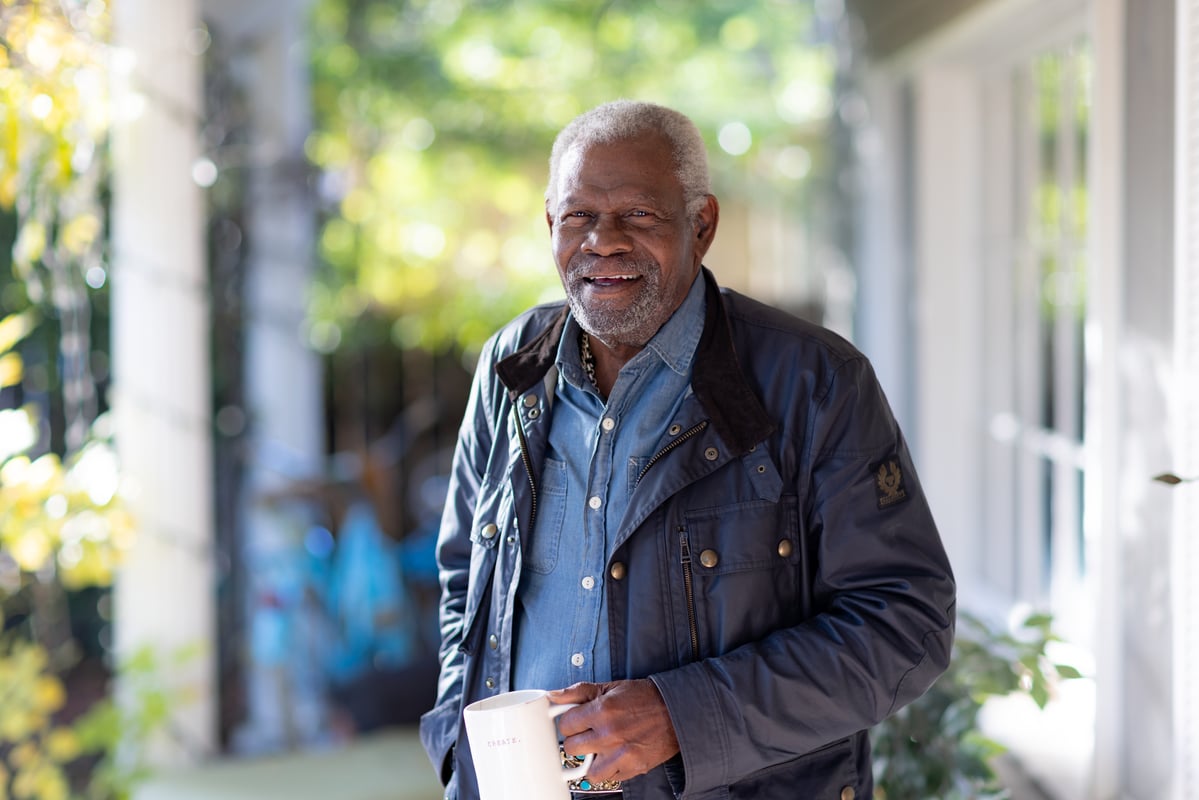
Loneliness Awareness Week is June 9 - 15. This year’s theme is about reducing the stigma around this natural human emotion. Loneliness may be increasingly common but there are ways to increase connection.
Did you know loneliness is recognized as a public health crisis? That means feeling lonely is something many people face and it can affect our health just like smoking or not getting enough exercise.
According to the U.S. Surgeon General, loneliness is more common than ever. And, older adults may feel it the most. If you are older, you might live alone. Friends or family might be far away. Or maybe you’ve lost someone close to you. No matter the reason or your age, feeling lonely happens and it means that your heart is longing for more connection. The good news? There are simple ways to feel less lonely and more connected.
Why loneliness matters
Feeling lonely can do more than make us feel sad or depressed. Feeling lonely can also affect our bodies and our health. The Centers for Disease Control and Prevention (CDC) says loneliness can lead to:
- Heart problems
- Trouble sleeping
- Memory issues
- Depression or anxiety
5 ways to feel more connected
Small changes can make big differences. You don’t need a big group or even a best friend to feel more connected and less lonely. Just one or two strong connections can help you feel seen, heard, and cared for. If you or someone you know is feeling lonely and isolated, here are some ways to feel more connected.
- Talk to someone you trust.
Reach out to a friend, neighbor or a family member and let them know you’d like to talk. You could also call your local community center. - Volunteer.
Helping others can help you feel better too. Look for places to volunteer like your local food pantry, animal shelter or hospital. It can help give you a sense of purpose which helps when you’re feeling lonely. - Join a local group activity for adults.
Most every community has a senior center or library that can help you join a book club, walking groups, or joining game nights or how to take an art class. - Try a new routine.
Sometimes just changing your day can help by doing something new or different. Sit in a park and feed the birds, visit a coffee shop, or go to the same store at the same time every week - you will become a “regular” and may start to see familiar faces. - Call your doctor.
If your loneliness feels overwhelming, talk with your doctor. They can help connect you with a mental health expert or a support group.
You deserve to feel connected
Loneliness doesn’t mean something is wrong with you. It means you are human and your heart is asking for more connection. Even one small step can open the door to new friendships and more connections.
Here are some steps you can take right now:
- Write down the name of one person you can reach out to this week.
- Write one place in your town or community you would like to visit.
- Make a promise to yourself to take one small step toward making a connection.
